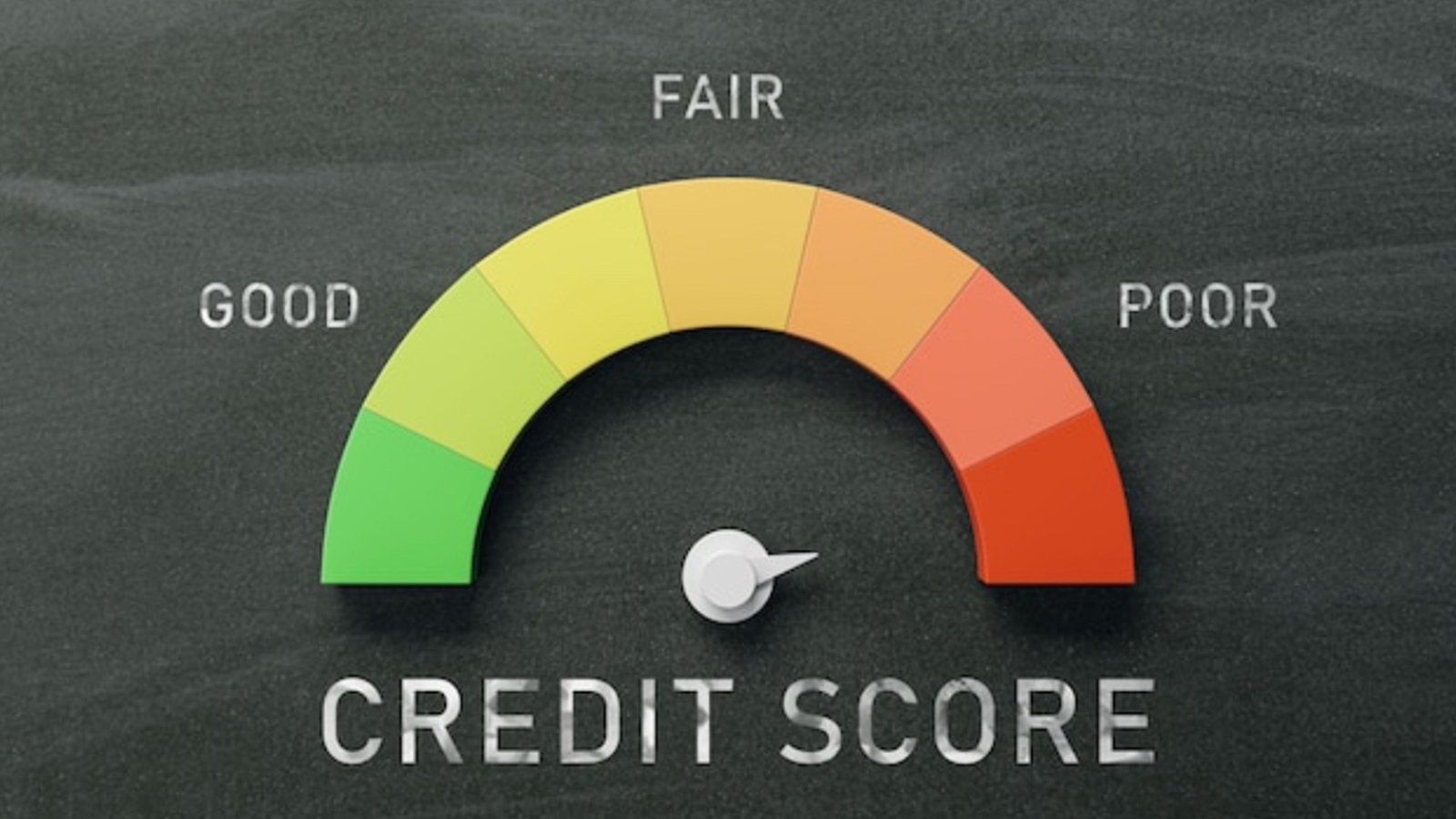Americans’ Credit Health Falters: Credit Scores Dip as Delinquencies Rise in Mid-2025

Introduction
In 2025, signs of credit strain are emerging across the U.S.—with credit scores dipping and delinquencies rising across nearly all borrower segments. Even individuals with strong credit profiles are beginning to buckle under financial pressure. Understanding these shifting patterns can help you and your clients navigate today’s tougher credit environment.
Key Credit Trends in Mid-2025
- The average U.S. credit score dropped one point to 701 in July 2025, marking the first decline since February. Superprime borrowers (scores 781–850) experienced a 109% jump in 90-day delinquencies, while prime borrowers (661–780) saw a 48% increase.InvestopediaReuters
- Meanwhile, TransUnion’s Q2 2025 report paints a mixed picture: bankcard originations rose 4.5% YoY, balances increased at a similar rate, and 90+ day delinquencies fell by 9 basis points—signaling some stabilization.GlobeNewswireCrowdfund Insider
What This Means for Consumers
- Rising delinquencies among prime and superprime borrowers are a serious red flag—no one is completely immune in today’s environment.InvestopediaReuters
- The decline in the average credit score to 701 suggests mounting financial stress nationwide, with even moderately credit-healthy consumers feeling the pressure.Investopedia
Insight for Financial Advisors
- Proactive Monitoring Is Key: Encourage clients to regularly check their credit reports and scores, especially if they’ve experienced income or expense shocks.
- Prioritize High-Impact Debt: Focus on managing or consolidating auto loans and mortgages, where delinquencies are rising fastest.
- Stress-Test Even the ‘Good’ Clients: Those with high scores may seem safe—but rising stress in that group means no one is immune.
- Support Through Education: Teach clients about the importance of maintaining low utilization, on-time payments, and emergency funds.
Broader Economic Snapshot
The contrasting data—a Dip in average scores versus TransUnion’s signs of stabilization—suggests a consumer base that’s resilient yet fragile. While prudent behavior is emerging, the rise in delinquencies—especially among high-credit borrowers—requires vigilance.
How Consumers Can Strengthen Credit Health
- Monitor Scores Daily: Apps and services that offer real-time alerts can help detect issues early.
- Manage High-Risk Debts First: Prioritize payment on auto and mortgage loans, given rising default trends.
- Maintain Credit Flexibility: Keep credit utilization low—avoid maxing out credit cards.
- Budget for Emergencies: Build or rebuild an emergency fund to cushion against shocks.
Lean on Advisors: Customized strategies are more important than ever in this shifting landscape.
Facebook
LinkedIn
Twitter
LinkedIn
